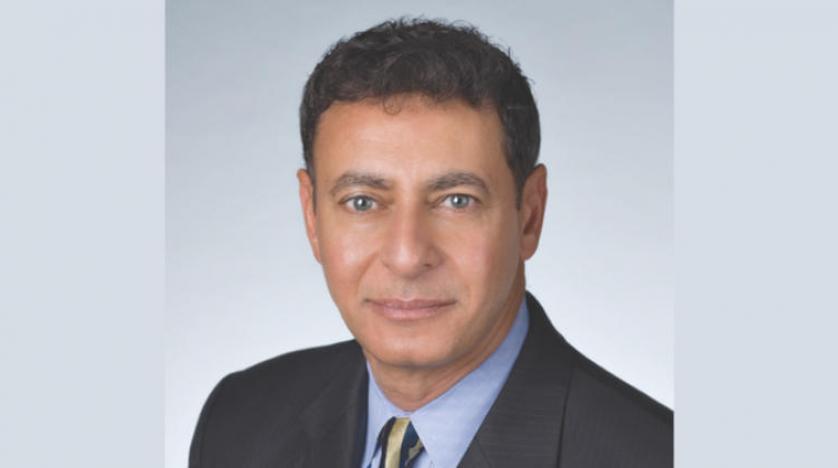Dubai- Lockheed Martin Saudi Arabia’s Chief Executive Alan Chinoda said that the arms deal brokered during the US President’s visit last May encompasses the settings of a Saudi-US partnership and encourages the exchange of intelligence.
Lockheed Martin has partnered with King Abdulaziz City for Science and Technology (KACST) to provide on-the-job training in advanced manufacturing.
Chinoda added that modern defense contracts go beyond the traditional arms-oriented deals.
The defense industry is wide-ranging, involving everything from launchpads, advanced software, specialized technologies, complex supply chain management, all the way to many other defense partnership aspects, said Chinoda.
The US State Department has approved the possible sale of 44 Terminal High Altitude Area Defense (THAAD) missile launchers to Saudi Arabia, worth up to $15 billion.
The sale is part of the $110 billion mega arms deal with Saudi Arabia that President Trump announced during his trip in May. Lockheed Martin’s share of this partnership is estimated at $28 billion covering air and missile defense systems, warships, tactical aircraft, and Rotary.
The THAAD sale would further enhance US national security and foreign policy interests and support the long-term security of Saudi Arabia and the Gulf region in the face of Iranian and other regional threats.
Speaking to Asharq Al-Awsat, Chinoda said that the Kingdom’s next approach is based on the efforts of localization in the context of Vision 2030, which seeks to cover 50 percent of the country’s defense investments by 2030.
Chinoda described the move as ‘intelligent,’ saying that the Saudi leadership approach is positive in terms of developing a more mature defense industry, with specialized and highly skilled jobs.
One of the key elements of the May 20 deal is to localize products and develop skills. Companies looking to work in Saudi Arabia are encouraged to incorporate knowledge transfer into their operations.
Commenting on the US-Saudi arms deal pledging to assemble 150 Lockheed Martin Blackhawk helicopters in Saudi Arabia, Chinoda said that the group was working to deliver on that deal.
Initially, parts of the helicopters will be transferred mostly from the United States and delivered to Saudi military forces, while the final assembly will take place within the joint venture in Saudi Arabia.
The $6 billion deal for Blackhawks is expected to result in about 450 jobs in Saudi Arabia, the statement said.
A number of experienced employees from Lockheed Martin will provide practical training to Saudis so that they can eventually build a successful aviation and defense industry in the Kingdom.
He reiterated that Lockheed Martin looks forward to continuing its historical relationship with Saudi Arabia, a relationship that dates back more than half a century when in 1965 the company delivered the first C-130 Hercules military air transport to the kingdom.
